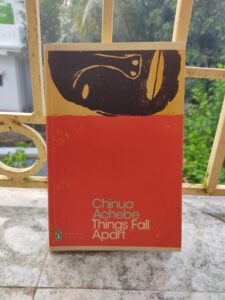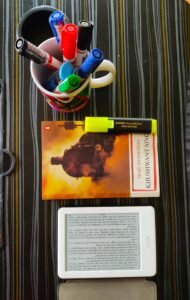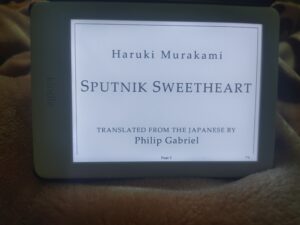
Book: Things Fall Apart
Author: Chinua Achebe
Publication: Penguin Uk
Pages: 176
Price: Click the link below
Author:
Chinua Achebe (1930-2013) was an African, more particularly a Nigerian writer. He was an illustrious name in the history of African literature as well as world literature. Though he showed the same dexterity in writing short stories, poetry, novels, critical essays, yet his excellency crossed the limit of acclamation for his novels.
He had written five novels:
-
Things Fall Apart ( 1958)
-
No Longer at Ease (1960)
-
Arrow of God ( 1964)
-
A Man of the People ( 1966)
-
Anthills of the Savannah (1987)







Pingback: Current Show by Perumal Murugan - Blog Alvina
Pingback: Purple Hibiscus by Chimamanda Ngozi Adichie - Blog Alvina